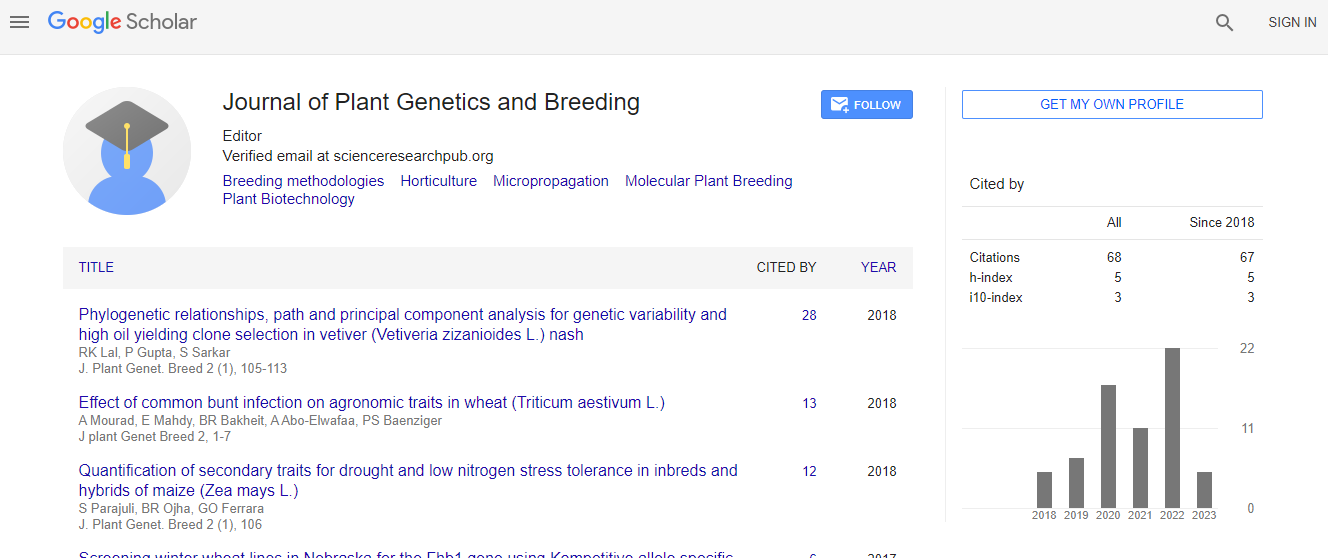The importance of standards for cannabis as option in intercropping used in Southern Africa
*Corresponding Author:
Copyright: © 2020 . This is an open-access article distributed under the terms of the Creative Commons Attribution License, which permits unrestricted use, distribution, and reproduction in any medium, provided the original author and source are credited.
Abstract
The essential oil industry is a fast-growing and changing industry and African plants are now fashionable to be included in new products containing natural products. Essential oils e.g. Pelargonium var Rose, Lippia javanica, Eriocephalus punctulatus, Helichrysum splendidum and cold-pressed or vegetable oils of indigenous plants amongst others are the focus areas. Adansonia digitata (Baobab) and Schlerocarya birrea (Marula) oil, pulp and powder of both are undersupplied in a growing market of currently developed products that have already been accepted by most international companies. Ximenia africana and X. Americana, Citrullus lanatus (Kalahari Melon) oils are now researched for developing market demand and for the requirements in the natural products industry. There are almost no existing standards for the products of Africa and if the demand is increasing, the most needed standards should be developed at the same time to avoid exploitation. Advantages and challenges have been identified with potential of sustainable crop development. Climate change and pressure on natural resources can be managed if careful sustainable measures are taken in time. This study could assist role players of community projects, agricultural and rural development schemes in decisions of choosing alternative crops and for skills and entrepreneurship development and poverty alleviation. The information can also be applied by government departments, small scale and emerging farmers in the feasibility studies of the utilization of natural products as new enterprises to the advantage of the producers of South Africa and the consumer ultimately.

 Spanish
Spanish  Chinese
Chinese  Russian
Russian  German
German  French
French  Japanese
Japanese  Portuguese
Portuguese  Hindi
Hindi 